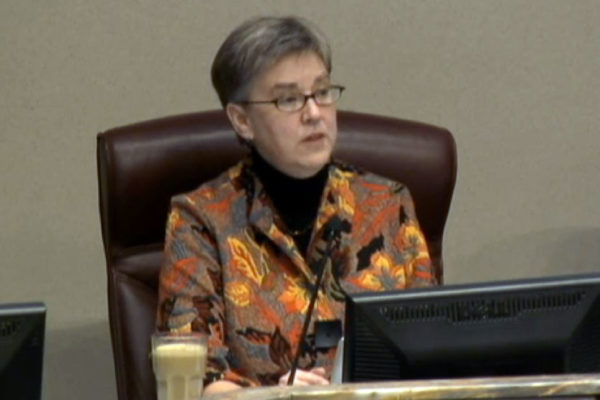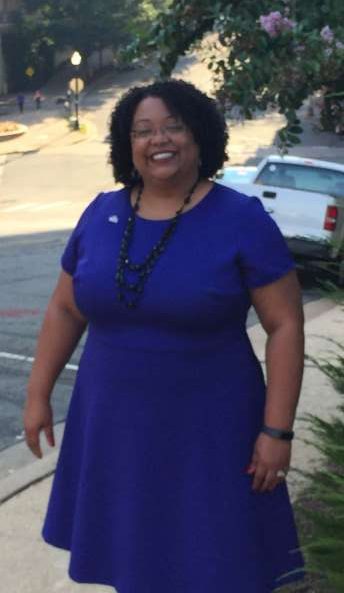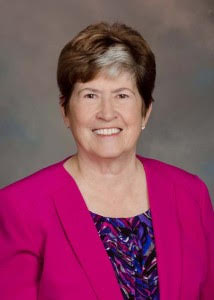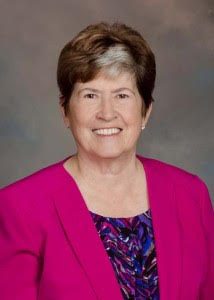 Progressive Voice is a weekly opinion column. The views and opinions expressed in the column are those of the individual authors and do not necessarily reflect the views of their organizations or ARLnow.com.
Progressive Voice is a weekly opinion column. The views and opinions expressed in the column are those of the individual authors and do not necessarily reflect the views of their organizations or ARLnow.com.
By: Jay Fisette
The following is an excerpted version of a statement delivered at the Arlington County Board’s January 3rd Organizational Meeting. The full text will be available on the County web site.
It’s said that the only constant in life is change. But the pace and impacts of change vary greatly. This year is likely to bring dramatic, unsettling changes in our national government and internationally. Arlington will feel some effects, but respond as we have before in times of turbulence and more gradual change: with sensible actions, shared community vision, thoughtful dialogue and open debate.
What makes us such a healthy community?
Let’s recognize how fortunate we are in our location next to the Nation’s Capital, income and education levels, community values, and tradition of strong, open government with engaged citizens.
Arlington continues to excel in the provision of core government services — public safety, education, transportation and basic social services for those in need. Of course we’re not perfect, yet in our last resident survey, overall satisfaction with the quality of local government services remained at 89% — 32 percentage points above the national average.
Our smart growth planning is a national model, relying on transit and thoughtful land use planning as prime engines of redevelopment. Our resulting tax base is well balanced between commercial and residential properties. Our tax rate is among the lowest in the region. Our triple-AAA bond rating reflects strong fiscal management. Our unemployment rate remains the lowest in Virginia and well below the national rate.
So what’s our job in 2017?
Listen and lead.
Ensure Arlington continues to move forward.
Improve the predictability and equity of services with County agencies responsive to residents’ and businesses’ questions and needs.
Harness technology, adapt to the sharing economy and improve our communication and notification tools.
Some challenges I intend to focus on in 2017 are: (1) the need for facilities, including schools, within constraints of limited land; (2) strengthening economic competitiveness; (3) housing affordability; (4) environmental sustainability; (5) METRO; and (6) staying true to our vision and values.
On facilities, we continue to work well with our elected School Board colleagues — as partners in local government, sharing fiscal resources, facilities and land. We are all in this together. We all need fire stations, bus storage facilities, parks, schools and more.
Regarding economic competitiveness, our commercial vacancy rate has recently dipped below 20%, though still much higher than our historic averages. We have attracted and retained businesses, but must continue to brand Arlington as an innovation economy hub and market our assets aggressively.
Affordable housing has become a bellwether issue that expresses the soul of our community. We are victims of our own success. Far more people want to live here than we have homes to fill.
To further the Affordable Housing Master Plan, we will review and update our accessory dwelling unit ordinance, consider tools for preserving our attractive and affordable garden apartments, and explore more options for people of modest means, multi-generational households and aging in place.
Environmental sustainability is our generation’s planetary challenge. Arlington must be a leader. Our 2013 Community Energy Plan was adopted after three years of collaborative effort. We did not just sign a proclamation. We have implemented policies and programs to achieve our targets.
Ensuring the success of METRO is the region’s top priority and will require all our attention in 2017. It is a backbone of our transportation network and our economy. 84% of office development in the region’s pipeline is within ¼ mile of a METRO station.
WMATA, under strong new leadership, has taken bold steps to address the system’s safety and reliability. Having the only large U.S. rail system without a dedicated funding source, we must help our region find a sustainable path forward.
A significant task in 2017 will be to advance our values, our vision and our community ethic as we collectively grapple with broader uncertainties and threats to social and environmental programs and individual liberties anticipated with the incoming federal administration.
Local governments will be called upon to lead. Communities like Arlington can serve as a model for combining progressive social policies with conservative and responsible fiscal policies.
Arlington must continue to: stand by our convictions; pursue our aspirations; value the common good; prize public education; look after the most vulnerable among us; strengthen environmental protection; build public trust through broad civic engagement and careful fiscal management; and treat our foreign-born residents with respect and human dignity. We embrace people’s differences as a source of this community’s strength.
Arlington will work to create a more sustainable, equitable and healthy community — a community that works. We will do this together.
Jay Fisette will serve as 2017 Arlington County Board Chair. He was elected to the County Board in 1998 and previously served as the Board’s chair in 2001, 2005, 2010 and 2014.













